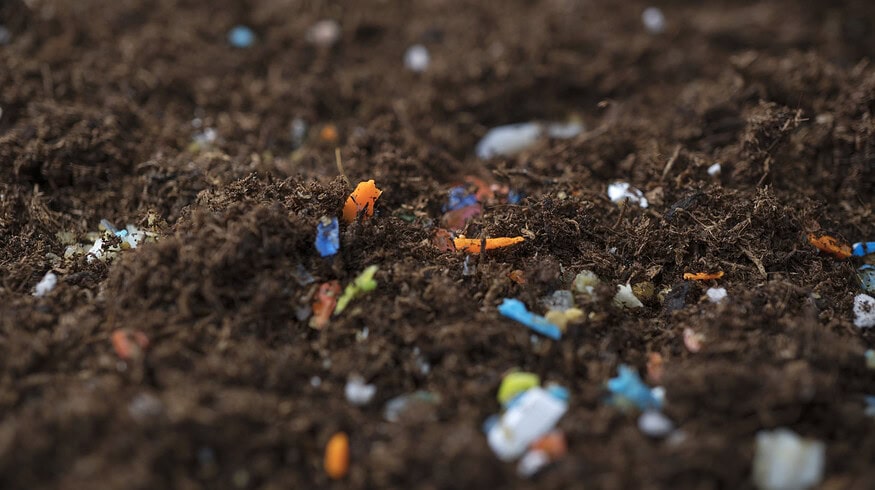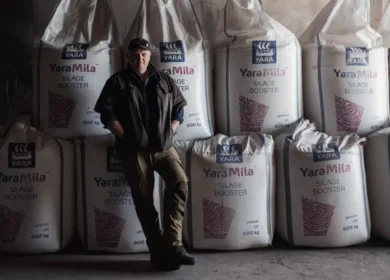UK researchers say fertilizers driving build-up of microplastics in soil

A team of researchers in the UK have found that fertilizer use has contributed ‘substantially’ to the build-up of microplastics in the country’s soils, a trend which, they suggest, has the potential to damage ecosystems and jeopardize long-term agricultural productivity.
They wrote in a paper published in the scientific journal Communications Earth & Environment that between 1966 and 2022 microplastic concentrations increased more rapidly in soils that were treated with organic and inorganic fertilizers than in those that were not.
Moreover, they added that soils which were amended with organic fertilizer contained similar levels of microplastics to those that were treated with inorganic fertilizer.
The researchers – who pointed out that 12.5 million tonnes of plastic are used each year in the agricultural sector – stated that the non-biodegradable polymers used in slow- and controlled-release inorganic fertilizers are a direct driver of the problem.
They also said that plastics originating from animal feces, feed, plastic tools, equipment, and packaging materials find their way into organic fertilizers, and thereby contribute indirectly to the accumulation of microplastics.
The researchers noted that microplastics have been shown to vitiate crop quality, yield, and the physical, chemical, and biological properties of soil. However, they said that the long-term effects of microplastic pollution in agricultural soils are poorly understood.
While they acknowledged that the use of plastics in the agricultural sector is unavoidable, they nonetheless called for a reassessment of our relationship with the material.
Enjoyed this story?
Every Monday, our subscribers get their hands on a digest of the most trending agriculture news. You can join them too!











Discussion0 comments